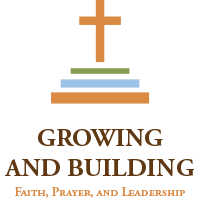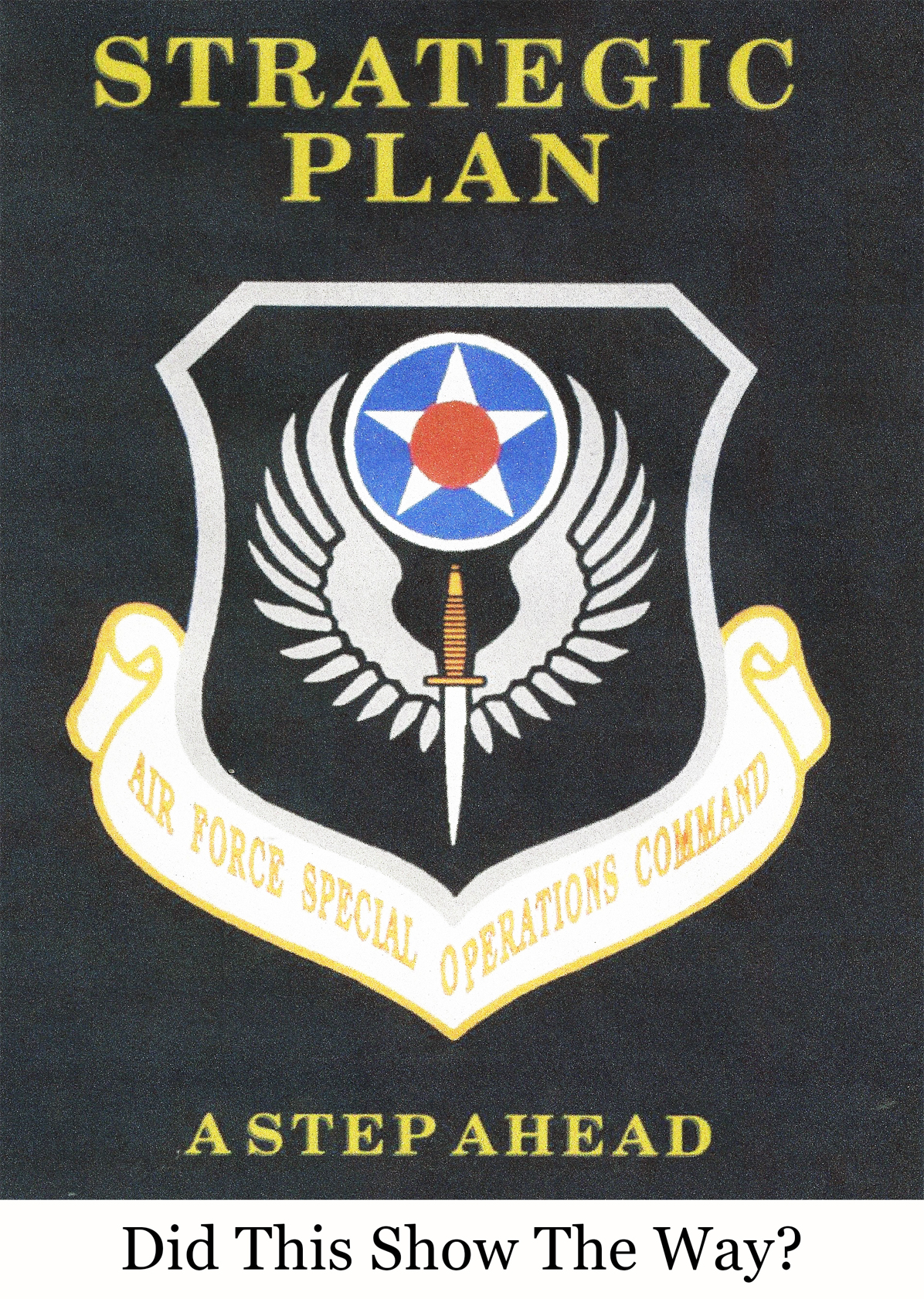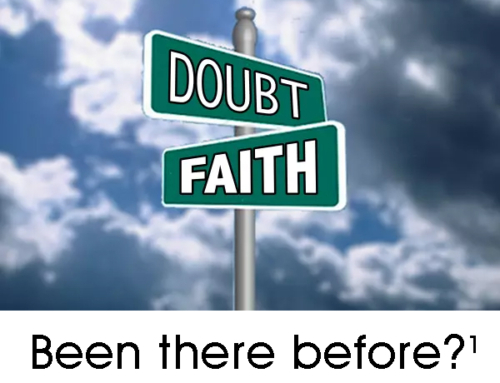If it wasn’t for people . . . leaders wouldn’t have to plan.
Do you think the people in your organization know where you the “leader” are taking the them? Do you know? Does your board know? Pretty important questions because organizations that “fail to plan, plan to fail” and hopefully, your plans show the way.
Last week we discussed budgeting as a necessary part of an organization’s planning process. But, let’s set our sights a little higher, more toward a strategy or framework that would not only serve the organization’s leadership, but just as important, provide an overall sense of direction for those who are actually “responsible for the work.”
Over my career in the military, I look back and am continually amazed at how we completed successful operations. I’ve heard so many stories of decisions made, actions taken, and engagements won, because young officers, non-commissioned officers, and petty officers understood the direction of the command (better known as the commander’s intent) and took the appropriate action without having to asked higher level authority for permission or sometimes even report the that something unusual might have happened. And yes, there was a large element of trust.
So how do the people in your organization know the intent of you the “leader”, how is it communicated to them, and what responsibility does your board have for the process?
Your board, as the governing body, is the conscience of the organization and is responsible for its overall strategic direction as well as the key processes and principles by which it must abide. To fulfill this responsibility, they must first have vision.
From a vision comes an overarching strategy that aids you the “leader” to establish priorities, support budget decisions, and provide a framework for measuring success while holding you the “leader” and your governing board accountable. In the exercise of leadership, a mid-to-long-range plan is critical.
People need to know where the organization is headed whether it is the staff, your employees, your customers, your suppliers, or subordinate leaders. Additionally, the process of leading a governing body through the strategic planning process can be as important as the plan itself. In many ways, “the process is the product.” But at some point, all the people need the opportunity to share in the ownership of the plan. It is the story of the future beginning with where you have begun, spanning the years to the present, and then embarking on the next chapters as your adventure becomes revealed.
Your master plan or whatever it is called, that looks out three to five years, should answer some of your organization’s most important questions—for example: What are we in business for? Who are our customers or constituents? What is the vision for the organization? What barriers must be overcome? What are the major steps for achieving that vision? What are the priorities for allocating resources? And, how would we know if the organization was effective? The plan should focus the organization and establish the framework for strategic guidance, prioritize efforts and resources, and coordinate efforts. In short, the plan should define the strategy-to-task framework within which your organization should operate, leading to the tasks that, if fulfilled, will accomplish the desired strategic outcome. That, in turn, defines “success.” But even when you have a plan, continually evaluate results and be prepared to make a course change if necessary.
So, what did I personally learn (slowly I might add) about planning over the years? First, long-term planning for large organizations can be overwhelming and conflicted with a variety of pressing interests. I never had all the answers or even the path to the answers, but I knew THE ONE who did. So, I asked the Lord for His direction for the organization, and even more important, I asked for His direction for my life? Can you answer those questions when you begin planning for your organization and your life? “I tell you the truth, the SON can do nothing by Himself, He can only do what He sees the Father doing because whatever the Father does the SON also does.” (Jn. 5:19) For me, if those words were good enough for Jesus, they are good enough for me and my life and my plans. Look to THE ONE who knows, it can be the beginning of your next strategy.





